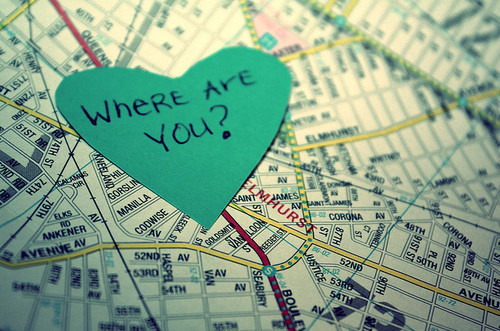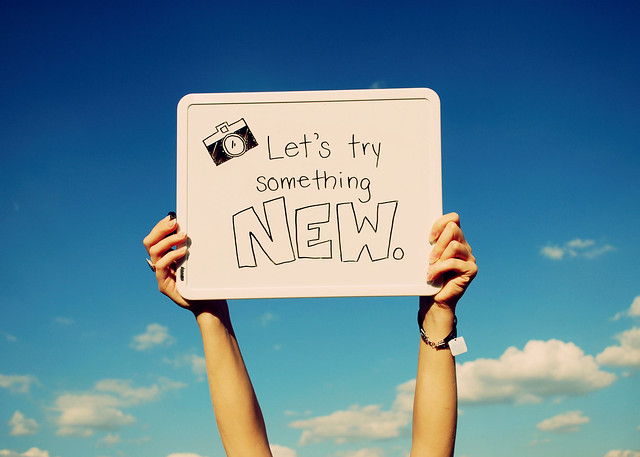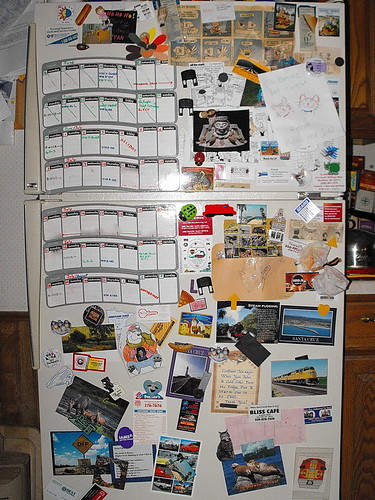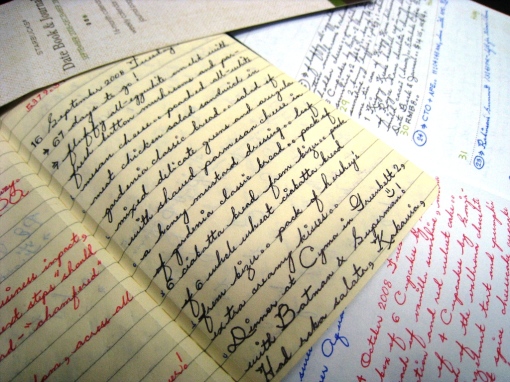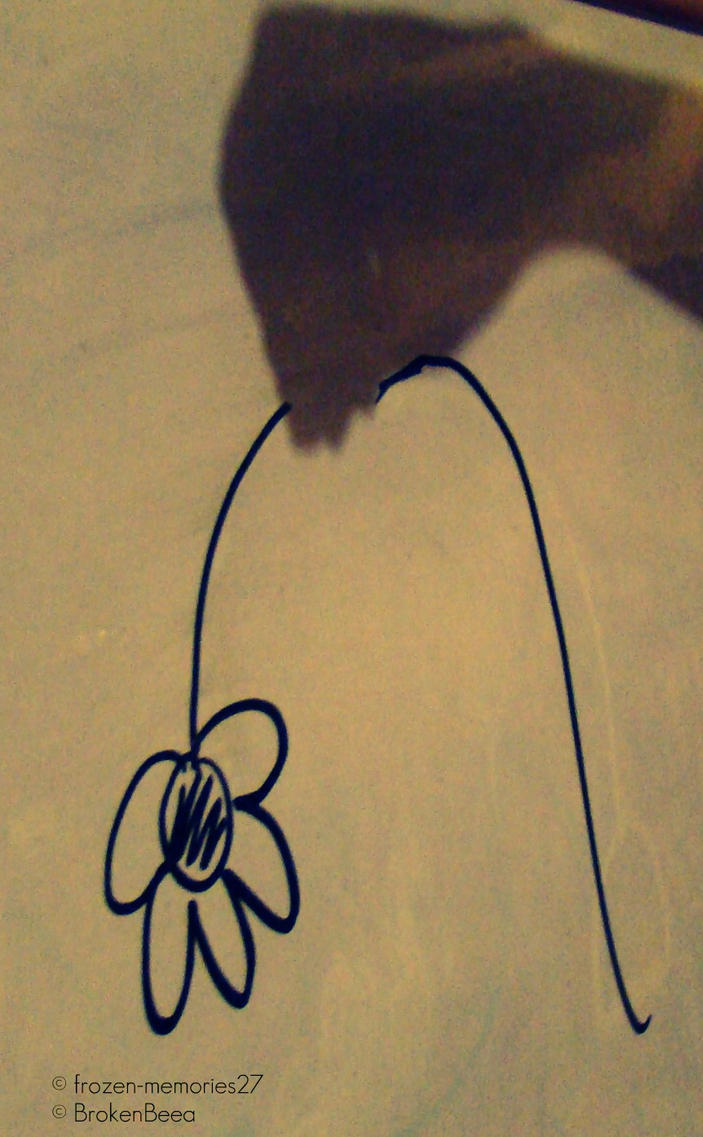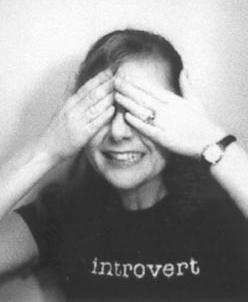 Hi everyone! I realise I've been away for quite a while - that's the problem with procrastination and writer's block. Every time I sat down to write a post, I just couldn't think of anything that sounded worthy so I put it off until I thought of something but then, of course, I didn't even try to think of anything. My excuse is that my brain is frazzled from a 60,000 word success at the June Camp Nanowrimo and also, there's another one this month (for which I'm falling behind, really badly). Am I forgiven?
Hi everyone! I realise I've been away for quite a while - that's the problem with procrastination and writer's block. Every time I sat down to write a post, I just couldn't think of anything that sounded worthy so I put it off until I thought of something but then, of course, I didn't even try to think of anything. My excuse is that my brain is frazzled from a 60,000 word success at the June Camp Nanowrimo and also, there's another one this month (for which I'm falling behind, really badly). Am I forgiven?Anyway, back to the topic - casting your characters. I don't mean casting them out on a hook from a fishing boat but imagining who would play them in a film or just having pictures of people who look like your character.
The main piece of advice is don't use people or actors that you know/have heard of because your mind will be tainted with what you already know about these people and your characters will seem flat or copied. If you're desperate to cast Angelina Jolie as your main woman, try not to do it until you've finished writing so it's less official and you have a broader mind. Instead of searching for specific actors or actresses, just search online for generic terms - brown haired girl, teenage guy, that sort of thing. You'll find pictures from all over the place and they won't necessarily be people you recognise. One of the best places to look for characters is hairdressing magazines. There are so many different models to portray skin tones, hair colours and styles so you're bound to find something that could fit one of your characters. I find it quite hard to find male characters but usually the internet does the trick. You could always try male hair magazines or websites or male-geared magazines.
Of course, you may find that you don't need to cast your characters because you have a crystal clear image in your mind of what your characters look like. Perhaps you don't think you should label them as anything in case it changes your view.
Lydia
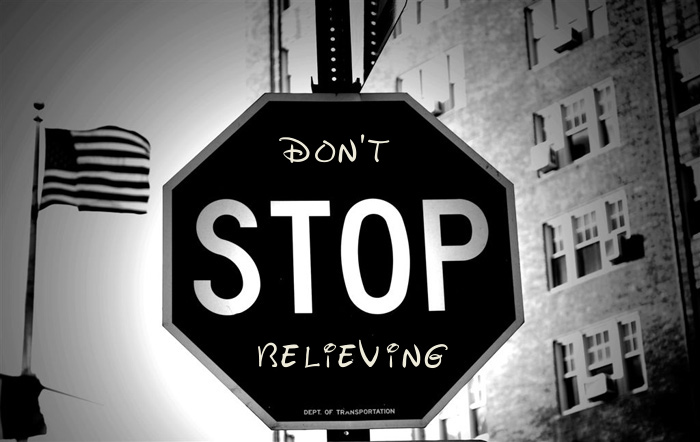

















.JPG)
